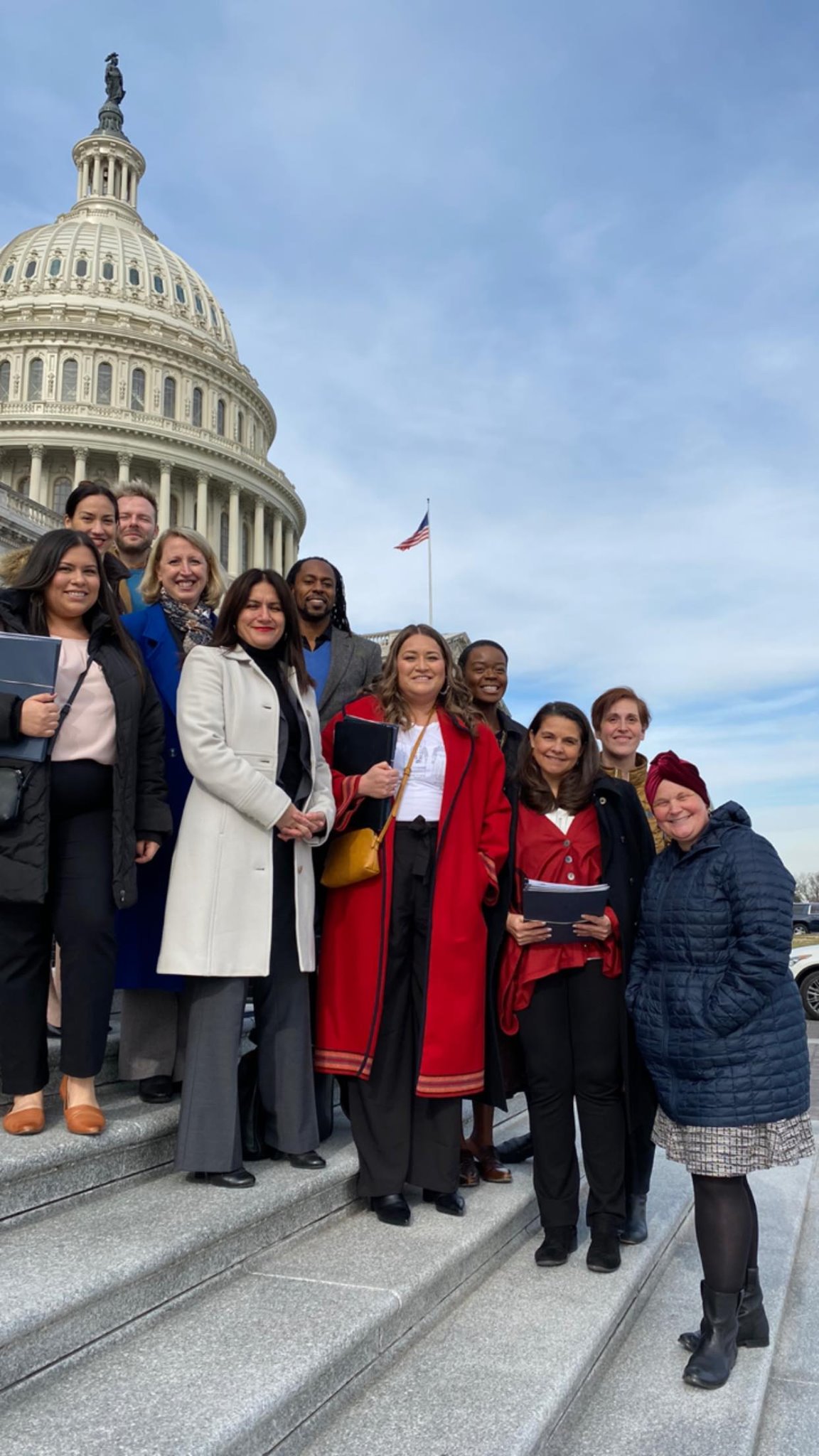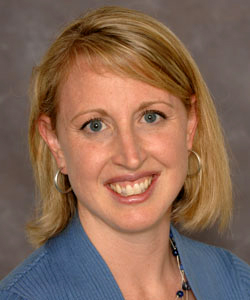“It’s not just about what you know—what are you going to do with it?”
Berea College professor of Psychology and Women’s and Gender Studies, Dr. Wendy Williams, reflects on her life and career with a sense of responsibility to answer this question, both for herself and for her students. Having experienced times of poverty in high school and the challenges of caring for a mentally and physically disabled sibling, Williams said those experiences were formative to how she views her now-position of privilege.
“One of the things I’ve repeatedly talked about as formative for me is the experience of hearing ‘To whom much is given, much is expected in return,’” Williams said. “That has been a guiding factor for me. There are so many things I’ve been given and worked hard for, and I have a responsibility that comes with that.”
That sense of responsibility has guided Williams’ entire career, from schooling choices to her involvement in advocacy work, to the way she interacts with her students and colleagues.
While earning her bachelor’s degree in psychology with a minor in peace and conflict studies from Swarthmore College, Williams took classes in women’s and gender studies, as well as studied abroad in Ireland, where she developed an interest in prejudice and discrimination, first dealing with Protestants and Catholics in Northern Ireland. But, as she moved onto graduate school at the University of Florida, Gainesville, she began focusing at social class and its intersection with race and gender. Her studies and research in these areas harkened that sense of responsibility to act on research.
As she transitioned to a doctoral program at the University of California, Santa Cruz, Williams completed a 60-hour advocacy licensure course to become a state-licensed advocate for individuals experiencing domestic violence. While in California, she worked at a community center with victims of domestic violence.
“The women coming to the center were low-income women and low-income women of color,” Williams said. “These were very vulnerable women and more likely to be taken advantage of by their partners. Working with these women really informed the work I do on social class and poverty. So we know there is a gender lens and a race lens, but you also have to think about violence as another lens. Then with my training in psychology, thinking about mental health issues and drug and alcohol abuse—those are all nexuses that come together when thinking about social class.”
When Williams’ accepted her first job as an assistant professor at Marshall University in West Virginia, she transitioned from the direct service she’d undertaken as a graduate student to serving as a board member of an advocacy group, thinking about programming and working within a community holistically. After six years, Williams accepted a position as an associate professor at Berea College where she also began working with the New Opportunities School for Women, which works to improve the financial, educational and personal circumstances of low-income women in the Appalachian region.
“As I became a professor, I needed to make a transition,” Williams said. “So instead of being in direct service, I needed to facilitate the careers of other people doing that work. As one voice, I can have an impact, and I always want to make sure not to shirk my own responsibility there. But I also can have an important role in helping other advocates find their own voice. A number of my courses have advocacy components or service components or action components.”
Williams’ service learning courses at Berea encourage students to find their voice and make a change in the world. She does this by modeling for them what it means to incorporate the science they have learned with a purpose for which they are passionate.
Beyond teaching and service, Williams also is involved in the Society for Psychological Study of Social Issues (SPSSI). When she was elected president of the society in 2017, she began a new initiative where the SPSSI board members went to Capitol Hill during their yearly meeting in Washington, D.C. to advocate for a particular issue. That year Williams and the SPSSI board members lobbied for higher-education reauthorization. She used this experience to model how science and action can overlap for the students in her Psychology of Poverty and Social Class course.
That year Williams changed her class assignment to have her students provide public commentary. They were to pick something they were learning in the course and write a letter to a congressperson.
“It was an opportunity to teach them how to make science-based policy arguments,” she said. “And I reinforced that it wasn’t about what they argued, but whether they argued it with evidence from the course, followed the criteria for a good constituent letter and then provide evidence that they had submitted it.
“That was an opportunity for me to take something that had been part of lessons throughout the course and make it into one lesson that was super relevant,” Williams continued. “They knew I’d gone to the Hill do to that, and then I was coming back to them and saying, ‘Here’s what I learned and here’s an opportunity for you to become advocates yourself.’”

Similarly, this past January, Williams and the SPSSI board lobbied for the reauthorization of the Violence Against Women Act (VAWA) to include tribal provisions for American Indians and Alaskan natives. The week the board traveled to Washington, D.C. fell during the semester. The students in her Economic Justice course knew she was advocating on Capitol Hill, and so though she had not included anything about tribal women and VAWA in the course prior, she chose to incorporate the intersectional lens of native women and how it relates to social class into the course.
“I really work hard to make clear that what I’m grading is their critical thinking, not their politics,” Williams said about assignments related to writing to members of Congress. “I have to make very clear what the criteria are and are not. It’s about how to make an argument and how to support that argument with evidence. They can bring in a personal story, and sometimes those are very impactful. But the personal story has to illustrate the larger data. They have to think critically and think with evidence.”
Teaching students in this way comes back to Williams’ sense of responsibility to take what she’s been given and make a difference in other’s lives.
“My unifying theme is that with knowledge comes responsibility, and how do I help my students and colleagues in my profession harness that knowledge and that responsibility for others?” she asked. “I want to encourage students to find the way they should do it. I figured out how I want to do it, but that is not the way they should be doing it. I want to encourage them to find how they are going to act and then support them in whatever that answer is.
“It’s not just about recognizing responsibility, but also their talents,” Williams continued. “All of [them] have different ways to give back. What is [their] unique way to do that? I think it’s about building them up to understand what their voice is. My voice is not their voice. They need to find their voice in all of this as well—feel the responsibility and speak through their voice.”


